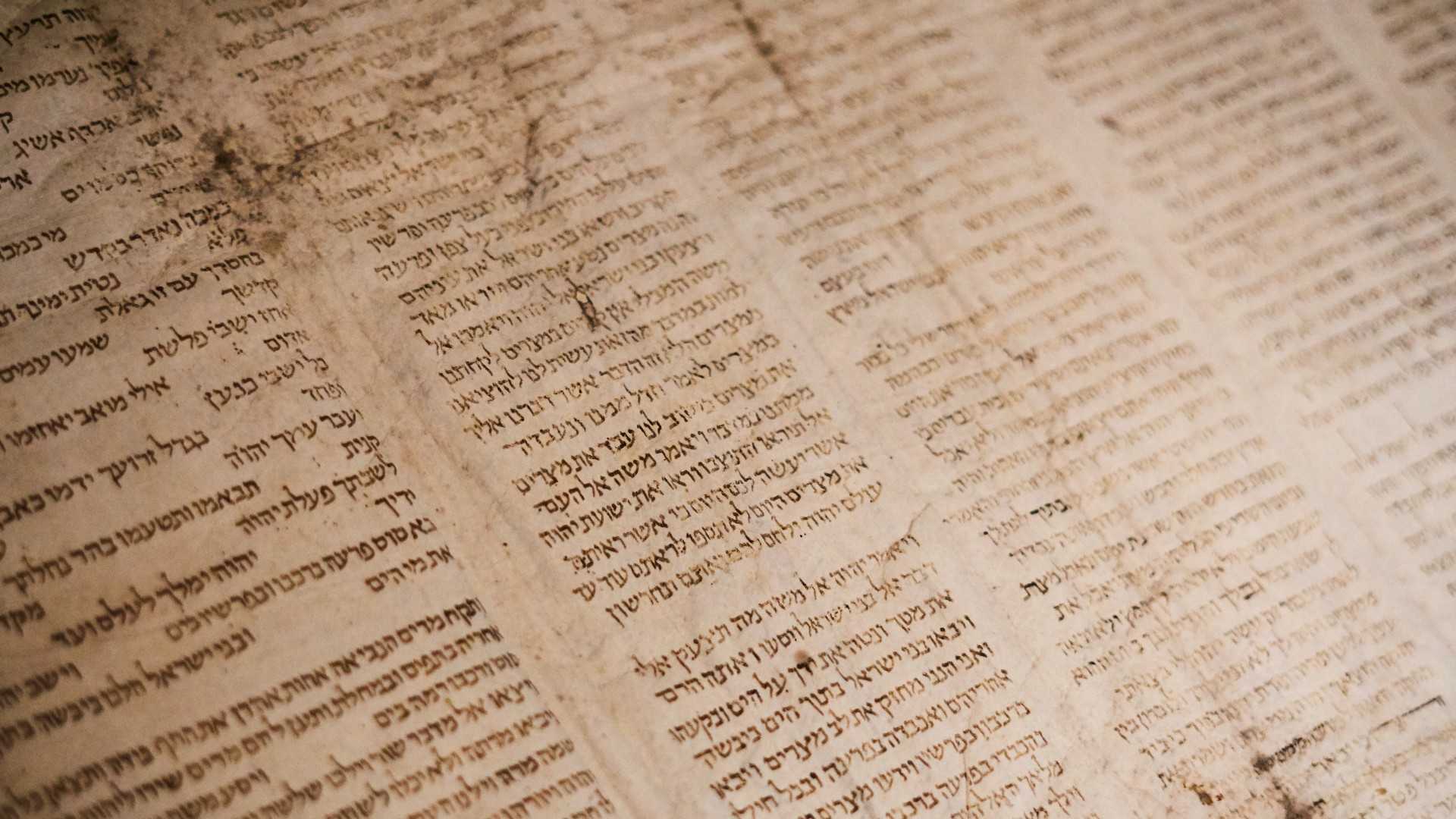After Robby’s post on Jephthah last week (where he argued that Jephthah dedicated his daughter to the Lord rather than sacrificed her), I had Jephthah on my mind when I came to Numbers 30 in my Bible reading, so I noticed a law that would have been relevant to his situation.
Remember, in the account in Judges 11:29–40, Jephthah vows that “whatever comes out of the doors of my house to meet me when I return in peace from the sons of Ammon, it shall be the Lord’s, and I will offer it up as a burnt offering.” He does return in peace. And his “one and only child” comes out of his house to meet him. As Robby explained, there’s disagreement over whether the text indicates Jephthah sacrificed his daughter or merely dedicated her to the Lord (since child sacrifice was forbidden), so I’ll leave that debate aside here. Instead, I want to look at how Jephthah should have acted according to the Mosaic Law.
Yes, child sacrifice is very clearly forbidden in the Law (see “God Didn’t Command Child Sacrifice” for details), but it’s not quite as simple as that, because what does one do with Jephthah’s vow? One thing you’ll notice while reading through the Old Testament is that God cares a great deal about truth and vows. In fact, he takes them so seriously that it would not surprise me if Jephthah, knowing about the sanctity of truth and vows, went ahead with the burnt offering. But should he have? When keeping a vow (something God greatly cares about) and not sacrificing a child (something God also greatly cares about) come into conflict, what does the Law say to do?
This is where we come to Numbers 30, the laws for vows. We see first the importance of keeping one’s vows to the Lord:
If a man makes a vow to the Lord, or takes an oath to bind himself with a binding obligation, he shall not violate his word; he shall do according to all that proceeds out of his mouth.
But the verses directly following this also contain a principle that’s relevant to Jephthah’s situation:
Also if a woman makes a vow to the Lord, and binds herself by an obligation in her father’s house in her youth, and her father hears her vow and her obligation by which she has bound herself, and her father says nothing to her, then all her vows shall stand and every obligation by which she has bound herself shall stand. But if her father should forbid her on the day he hears of it, none of her vows or her obligations by which she has bound herself shall stand; and the Lord will forgive her because her father had forbidden her.
According to the Mosaic Law, when a father, who had authority over his daughter, forbade her vow, the daughter was released from that vow. The same was true for a wife, who was under the headship of her husband:
But if on the day her husband hears of it, he forbids her, then he shall annul her vow which she is under and the rash statement of her lips by which she has bound herself; and the Lord will forgive her.
Notice two things: First, these laws are meant to deal with “rash statements”—that is, foolish vows that should not be carried out. Second, despite the foolishness of the vow, there is still guilt involved for breaking that vow, though “the Lord will forgive” that sin since submitting to the authority of the father’s (or husband’s) rejection of the vow is also a moral obligation.
So here we see two moral obligations in conflict with each other—the obligation to fulfill a vow and the obligation to submit to the authority of the father (or husband)—and it’s the obligation to submit to the father that takes precedence over fulfilling the vow (though there is still guilt for breaking the vow that needs to be forgiven by God).
Taking all of this into account, you can see a moral principle that Jephthah could have learned from the Law: If you make a foolish vow and then learn that our Father—who has ultimate authority over all of us—has forbidden it, you should not continue on with fulfilling the vow. Yes, breaking your vow is still a serious offense that will bring guilt upon you, but the good news is that you will be forgiven. Even with the high value God places on keeping vows, you should never do something God has forbidden in order to fulfill one.
This isn’t just idle speculation. The question of whether or not one should fulfill a vow that’s forbidden by God may soon become a controversy within the church as Christians struggle over what to do when a person who has entered into marriage vows with someone of the same sex becomes a Christian. Should the church instruct that person to stay true to his vows or break them? Despite the fact that vows are taken extremely seriously by God, the moral principle we find in these laws* indicates the latter.
*Ultimately, there are other relevant factors that will also need to be considered when it comes to this question, such as the account of the Israelites keeping their covenant with the Gibeonites (Josh. 9), the question of whether or not a same-sex marriage is even a valid covenant to begin with since it’s not a true marriage (Matt. 19:3–6), etc.

